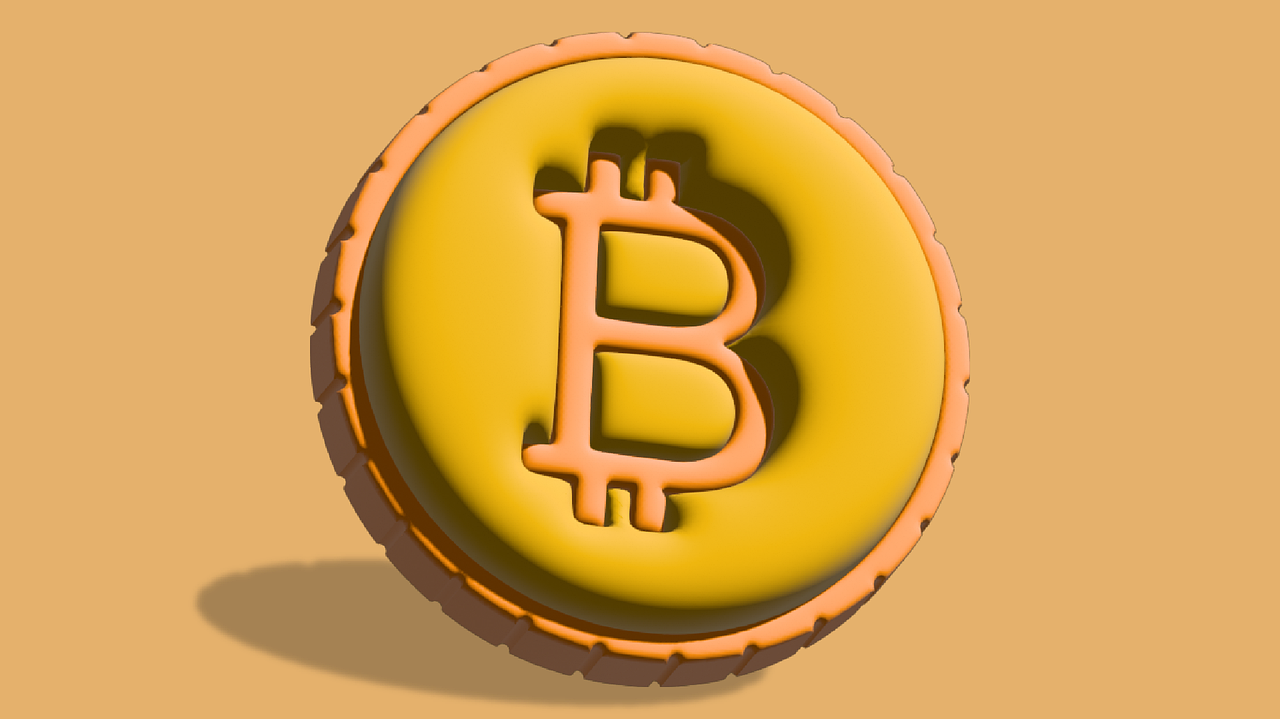How Much Will Each Investor Get From the Bankrupt Crypto Exchange Mt. Gox?
08.07.2024 13:20 3 min. read Alexander Stefanov
10 years after the collapse of Mt. Gox, the crypto exchange is again one of the most discussed topics in the crypto space.
As of 4:00 a.m. on the night of July 4-5, Mt. Gox’s portfolio had transferred over $2 billion, signaling the beginning of the investor compensation plan.
However, fear of a massive sell-off took over the market, leading to a significant drop in the price of Bitcoin. The $9 billion to be distributed by the bankrupt crypto exchange is one of the main factors behind the current panic. But are these fears justified? And the more important question – exactly how much will Mt. Gox investors be compensated?
Are investors right to fear a market crash?
Investors must choose between fiat and crypto payouts. All investors’ cash balances will be paid out 100%. However, those who wanted to sell may have already done so since the payout of fiat currencies began in April.
Therefore, those who will receive BTC are people who probably won’t sell them in advance because if they wanted to, they would have chosen to receive fiat.
On top of that, not all payments will be made at once as there are 2 types of payments: ELSP (they will get everything now) and FP (they will get a small percentage now and the rest in a few months/years).
ELSP payments will also not be distributed all at once; they will probably be made over several months (between July and October). Therefore, even if many people decide to sell, there will not be a huge pressure to sell.
Also, the payments will be spread across different exchanges, further alleviating the negative impact of potential sales.
How much money will Mt. Gox investors get?
The plaintiffs do NOT have as much profit as everyone thinks. Many people believe that those affected by Mt. Gox will receive huge profits and therefore sell and crash the market.
It doesn’t. When Mt.Gox ceased trading in February 2014, the price was $850. Anecdotally, people who will be refunded BTC tokens will only get about 15% of what they lost, which means 1 goxBTC = 0.15 BTC -> 1 BTC = 6.67 goxBTC. Therefore, the effective price at which their assets were blocked is ~$8,300.
In other words, the proportion of the compensation does not change regardless of the current price of Bitcoin.
Conclusion
However, this is not confirmed information and these percentages are subject to change. However, it is certain that if an investor had 10 BTC at the time of bankruptcy, they would not receive the equivalent amount (~$553,000) at current prices.
While some may feel that this compensation is unfair given the current price of cryptocurrency, the liquidators of Mt. Gox have come up with the best possible plan that benefits all parties. The investors’ money is there and anyone who has filed a claim for compensation will be compensated.
The CryptoDnes team contacted the law firm of Morri Hamada & Matsumoto, which represents some of the Mt. Gox investors, but due to a conflict of interest they declined to comment on the situation.
We also attempted to contact attorney Nobuaki Kobayashi, who represents the exchange, but he had not commented on the compensation plan as of this writing.
-
1
Robert Kiyosaki Buys More Bitcoin, Says He’d Rather Be a ‘Sucker Than a Loser’
02.07.2025 22:00 1 min. read -
2
This Week in Crypto: Whale Accumulation, Ethereum Signals, and a Sentiment Shake-Up
05.07.2025 21:00 3 min. read -
3
BlackRock’s IBIT Bitcoin ETF Surpasses 700,000 BTC in Record Time
08.07.2025 19:00 2 min. read -
4
Veteran Trader Peter Brandt Shares Simple Wealth Strategy with Bitcoin at Its Core
30.06.2025 15:00 2 min. read -
5
Bitcoin Tops Crypto Social Buzz as $110,000 Milestone Fuels Market Debate
04.07.2025 8:15 3 min. read
Strategy’s $71B in Bitcoin Now Ranks Among Top 10 S&P 500 Treasuries
Seems like Strategy has officially broken into the top 10 S&P 500 corporate treasuries with its massive $71 billion in Bitcoin holdings—ranking 9th overall and leapfrogging major firms like Exxon, NVIDIA, and PayPal.
How Much Bitcoin You’ll Need to Retire in 2035
A new chart analysis offers a striking projection: how much Bitcoin one would need to retire comfortably by 2035 in different countries—assuming continued BTC price appreciation and 7% inflation adjustment.
Bitcoin ETFs Attract Over $2 billion in Weekly Inflows: What’s Driving the Gains?
Bitcoin ETFs in the U.S. recorded $2.39 billion in net inflows over the past week, according to data from Farside Investors, marking one of the strongest capital surges since their launch.
Weekly Crypto Roundup: Bitcoin Hits ATH, Ethereum Surges, Trump Advances Crypto Reforms
Analyzing the latest updates shared by Wu Blockchain, this past week underscored a pivotal shift in the crypto landscape. Bitcoin surged to a new all-time high of $123,226, pushing the overall crypto market cap beyond $4 trillion—a milestone reflecting renewed investor confidence and accelerating institutional flows.
-
1
Robert Kiyosaki Buys More Bitcoin, Says He’d Rather Be a ‘Sucker Than a Loser’
02.07.2025 22:00 1 min. read -
2
This Week in Crypto: Whale Accumulation, Ethereum Signals, and a Sentiment Shake-Up
05.07.2025 21:00 3 min. read -
3
BlackRock’s IBIT Bitcoin ETF Surpasses 700,000 BTC in Record Time
08.07.2025 19:00 2 min. read -
4
Veteran Trader Peter Brandt Shares Simple Wealth Strategy with Bitcoin at Its Core
30.06.2025 15:00 2 min. read -
5
Bitcoin Tops Crypto Social Buzz as $110,000 Milestone Fuels Market Debate
04.07.2025 8:15 3 min. read

